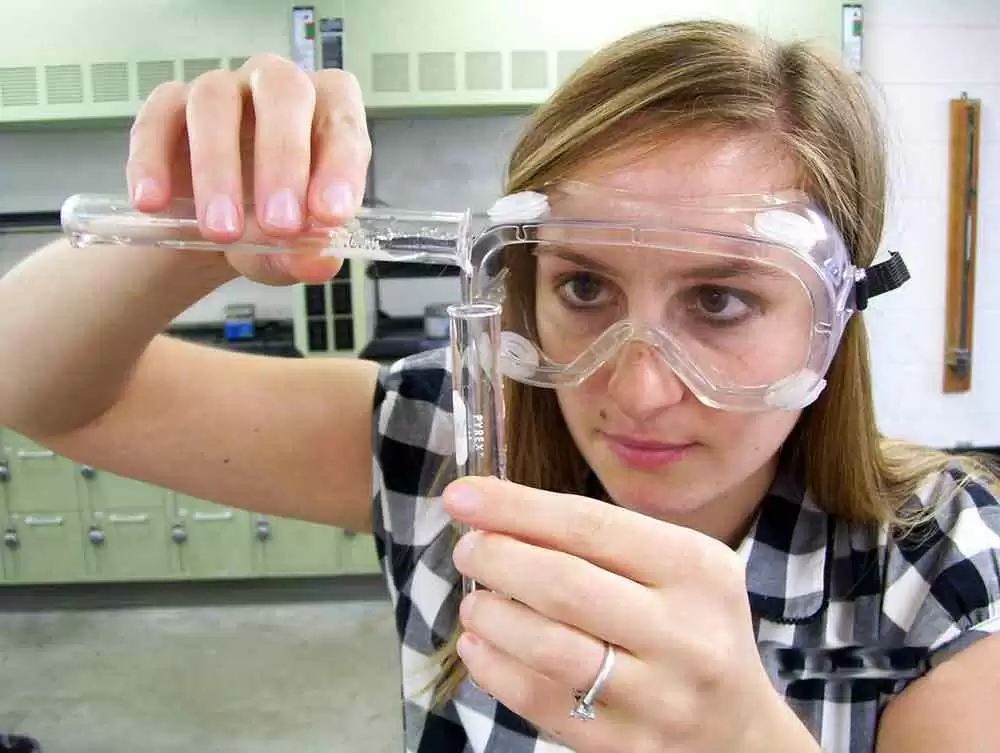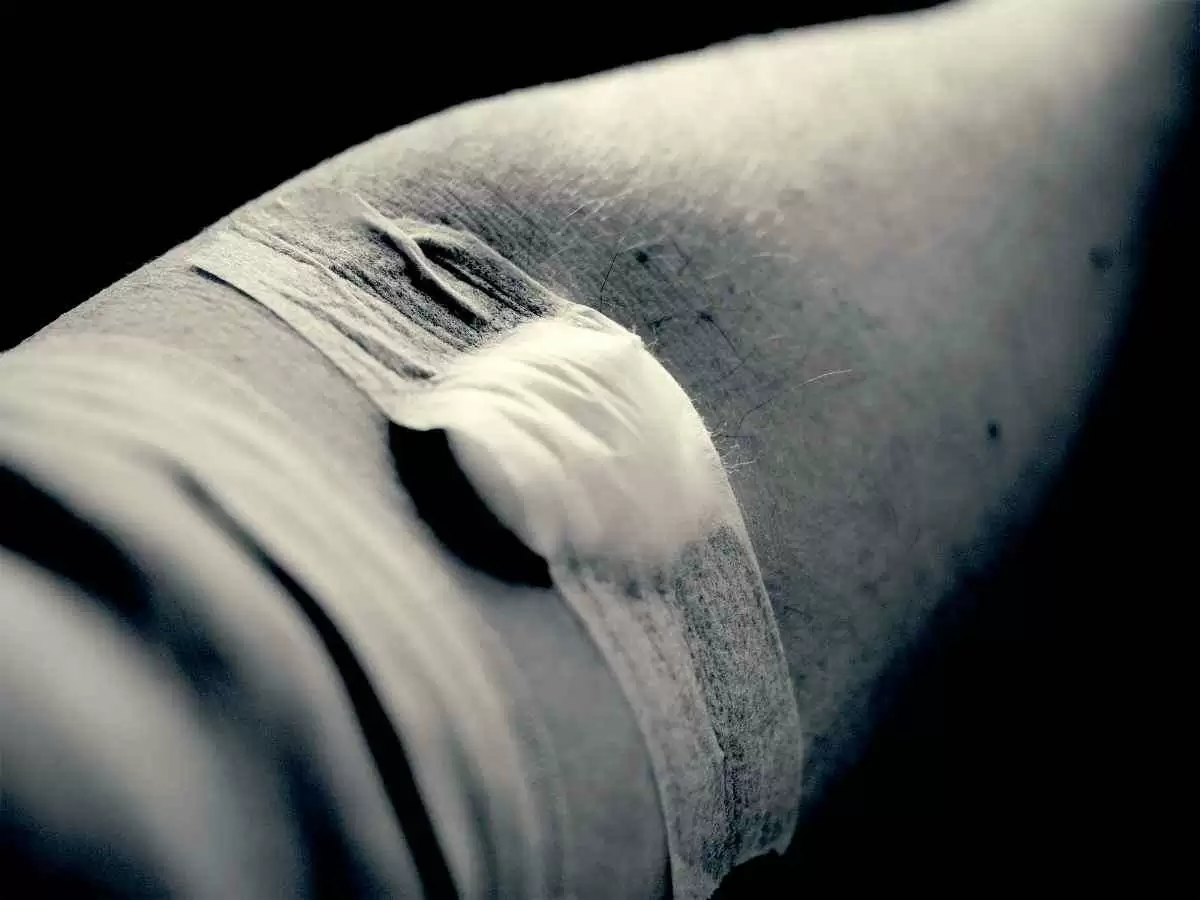
Celiac.com 04/25/2022 - Even with numerous advances in celiac disease awareness and testing outreach, the path to diagnosis remains difficult for many patients, and misdiagnosis is still not uncommon. In general, celiac disease remains an under-diagnosed condition.
A team of researchers recently set out to investigate possible biochemical abnormalities associated with celiac disease antibody positivity in a primary health care setting and thereby identify predictors that could potentially reduce diagnostic delay and under-diagnosis of celiac disease.
Celiac.com Sponsor (A12):
The research team included Line Lund Kårhus, Margit Kriegbaum, Mia Klinten Grand, Bent Struer Lind, Line Tang Møllehave, Jüri J. Rumessen, Christen Lykkegaard Andersen and Allan Linneberg.
For their observational cohort study, the team included measurements of celiac disease antibodies in the Copenhagen Primary Care Laboratory (CopLab) database from 2000 to 2015. They defined celiac disease antibody positivity as tissue transglutaminase antibody IgA or IgG ≥ 7 kU/L and/or deamidated gliadin peptide antibody IgG at or above 10 kU/L. The study excluded those with a prior celiac diagnosis.
The team looked at variations in results between patients with positive and negative celiac disease antibody tests for biochemical tests conducted six months before and one month after the patient's celiac disease antibody test. The team found 76,265 records of celiac disease antibodies during 2000–2015. Of the 57,061 individuals who met the inclusion criteria, 706 antibody-positive and 56,355 antibody-negative.
In people with a positive celiac disease antibody test, the team found lower ferritin, hemoglobin, cobalamin and folic acid levels and higher levels of transferrin, ALAT (alanine transaminase), and alkaline phosphate. Moreover, they showed more measurements below the sex-specific reference intervals for hemoglobin, mean corpuscular volume (MCV), mean corpuscular hemoglobin concentration (MCHC), ferritin, cobalamin and folic acid among individuals with a positive celiac disease antibody test.
This study found a number of biochemical abnormalities tied to celiac disease antibody positivity in patients referred for celiac disease antibody testing. The pattern of abnormalities indicate that micronutrient deficiencies are common among people who are celiac disease antibody-positive, and confirm malabsorption as a sign of celiac disease.
The team's findings show the potential of reducing diagnostic delay and under-diagnosis of celiac disease.
Read more in Nature.com
The researchers are variously affiliated with the Center for Clinical Research and Prevention, Copenhagen University Hospital – Bispebjerg and Frederiksberg, Frederiksberg, Copenhagen, Denmark; the Department of Clinical Medicine, Faculty of Health and Medical Sciences, University of Copenhagen, Copenhagen, Denmark; the Copenhagen Primary Care Laboratory (CopLab) Database, Research Unit for General Practice and Section of General Practice, Department of Public Health, University of Copenhagen, Copenhagen, Denmark; the Department of Clinical Biochemistry, Copenhagen University Hospital Hvidovre, Hvidovre, Denmark; the Center for Clinical Research and Prevention, Copenhagen University Hospital – Bispebjerg and Frederiksberg, Frederiksberg, Copenhagen, Denmark; the Department of Gastroenterology, Copenhagen University Hospital - Herlev and Gentofte, Copenhagen, Denmark; and the Department of Hematology, Rigshospitalet, Copenhagen, Denmark.









Recommended Comments
Create an account or sign in to comment
You need to be a member in order to leave a comment
Create an account
Sign up for a new account in our community. It's easy!
Register a new accountSign in
Already have an account? Sign in here.
Sign In Now